Embodied Writing: Our Spider-Senses

The author of Us From Nothing offers an exercise to become mindful of the body’s role in the act of writing.
Jump to navigation Skip to content
In our weekly series of craft essays, some of the best and brightest minds in contemporary literature explore their craft in compact form, articulating their thoughts about creative obsessions and curiosities in a working notebook of lessons about the art of writing.

The author of Us From Nothing offers an exercise to become mindful of the body’s role in the act of writing.
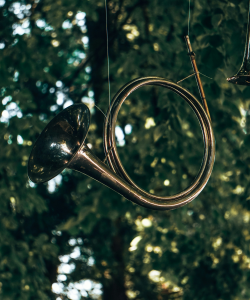
The author of Us From Nothing revises his thinking about the role of the body in writing.

The author of Freedom Is a Feast examines the inspirational power of real-life events.

The author of Freedom Is a Feast explores tactics for creating compelling, human, three-dimensional characters.
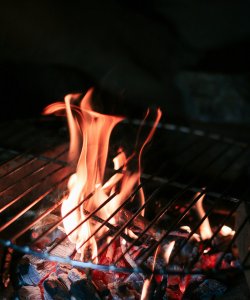
The author of Freedom Is a Feast considers cuisine and its place in fictional narratives.

The author of Anyone’s Ghost contemplates the role-playing game Dungeons & Dragons and how it has influenced his writing life.

The author of Perennial Ceremony: Lessons and Gifts From a Dakota Garden considers the importance of paying careful attention in writing.
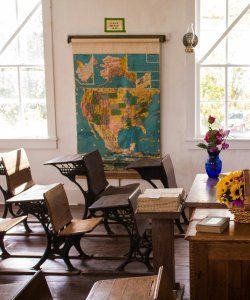
The author of Perennial Ceremony: Lessons and Gifts From a Dakota Garden reflects on how a practice of free-writing can help writers uncover hidden truths.
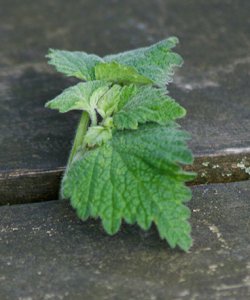
The author of First Love: Essays on Friendship explores ways to handle lost memories in memoir.

The author of First Love: Essays on Friendship has advice for authors who’ve lost their literary momentum.

The author of I’ll Give You a Reason considers what short fiction writers can learn from popular songs.
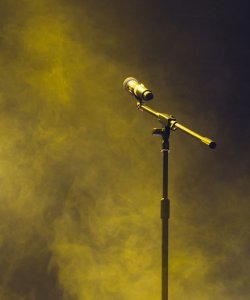
The author of I’ll Give You a Reason contemplates the common ground between a joke and a short story.

The author of I’ll Give You a Reason explores how setting shapes characters.

The author of Short War offers some perspective on whether a first person narrator can enhance or inhibit a story.
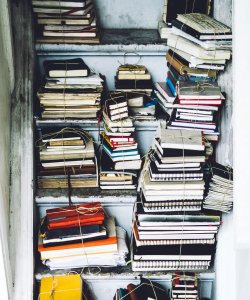
The author of Short War ponders the ways research can deepen a fiction project—and how to know when enough is enough.

The author of Short War contemplates the rewards of modeling minor characters on real people.

The author of Yaguareté White explores the poetic art of balancing fact and fiction.

The author of Yaguareté White considers the ethics of found poetry.
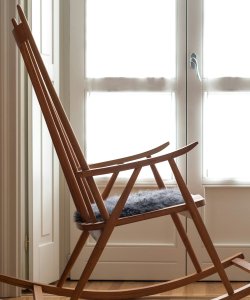
The author of Yaguareté White contemplates how to approach writing in multiple languages.

The author of Midwhistle explores the power of the epic poem.

The author of Midwhistle contemplates the common ground between jazz music and poetry.

The author of Midwhistle considers how a poem’s title can frame, deepen, or complicate the reader’s experience of it.

The author of Family Family explores why tired tropes proliferate in fiction—and how to avoid them.

The author of fox woman get out! considers authenticity and how to find one’s authentic voice.

The author of fox woman get out! explores the connections between poetry and dance.